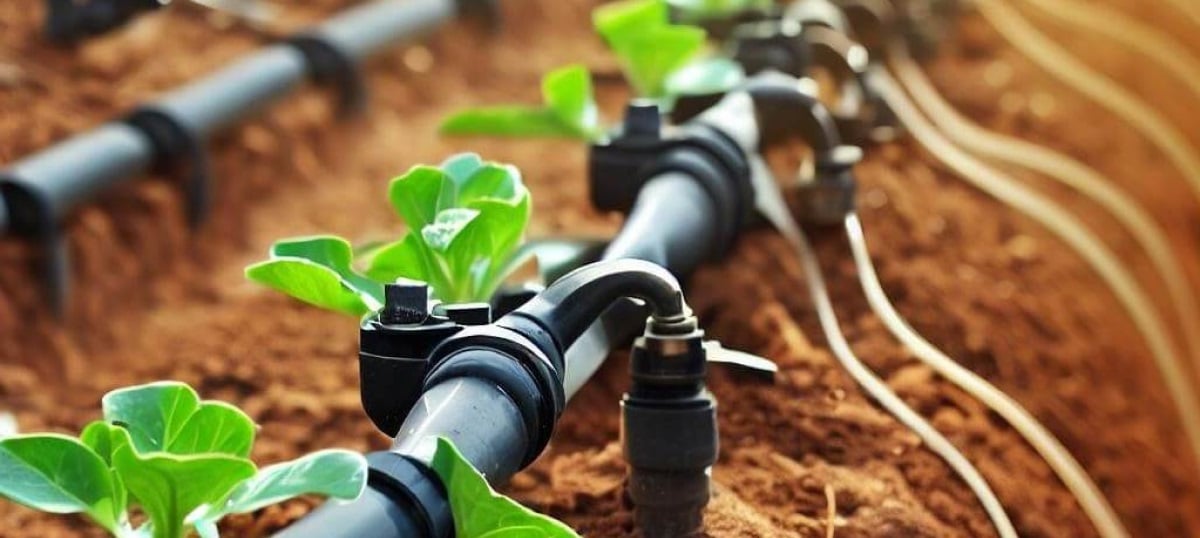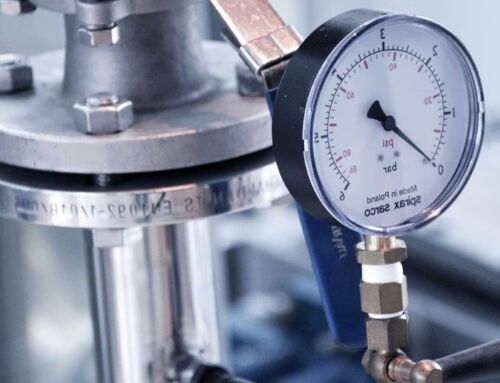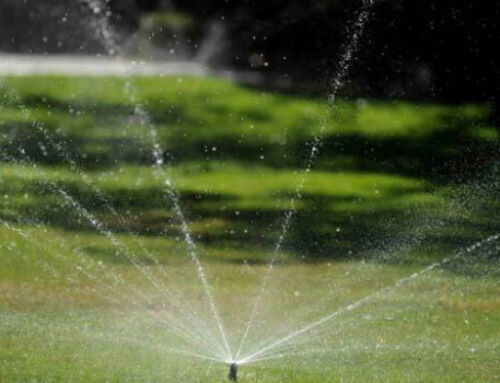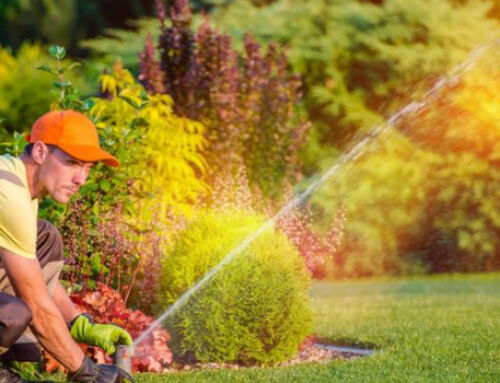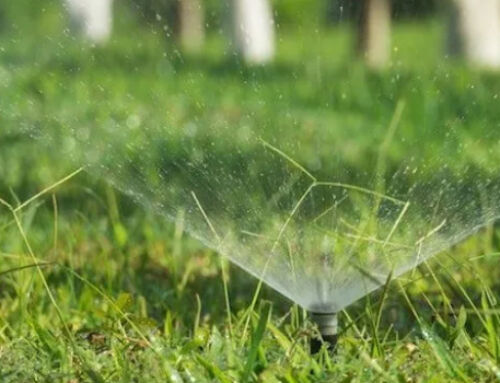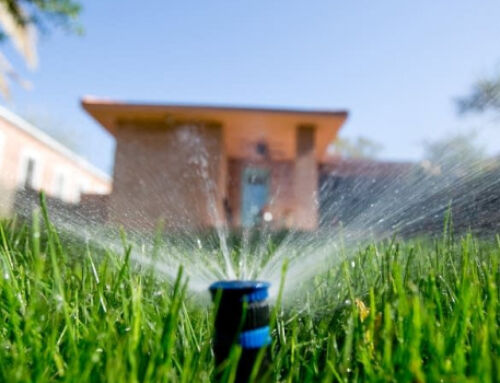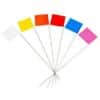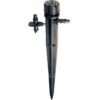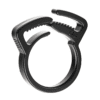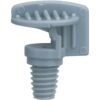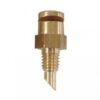Ever wondered why your garden hose sometimes seems to deliver a lacklustre spray?
Or, maybe you’ve wondered whether the length of your hose has any bearing on the water pressure.
The short answer is – it does.
Several factors affect the garden hose flow rate. These include the diameter of the hose, the level of water pressure, and the length of the hose
As more and more Melburnians embrace gardening and outdoor living, the demand for effective watering solutions has surged. While innovative irrigation systems rise in popularity, the humble garden hose remains a staple tool for many.
In this article, we’ll break down the factors affecting water pressure and explore whether the distance from the tap to your garden affects the force with which water flows.
Read on to find out more.
MALVERN IRRIGATION TIPS:
|
Understanding Your Watering Options
Garden hoses come in many lengths, materials, and designs, catering to the diverse needs of gardeners across Melbourne.
From compact 10-metre hoses ideal for balconies to lengthy 50-metre hoses for large lawns, there are plenty of options. Each type of hose offers its own set of advantages and challenges, influencing the water pressure experienced during use.
Shorter hoses, such as the 10 to 20-metre variety, are prized for their portability and ease of storage. They’re perfect for small gardens or balconies where space is at a premium.
Shorter hoses typically exhibit stronger water pressure due to less frictional loss over shorter distances. However, their limited reach may necessitate frequent repositioning, especially in larger outdoor spaces.
On the other end of the spectrum, longer hoses ranging from 30 to 50 metres are coveted for their ability to reach the farthest corners of sprawling gardens.
They offer unmatched convenience for large-scale watering tasks, reducing the need for multiple hose connections. Yet, with greater length comes increased frictional resistance, potentially leading to a drop in water pressure at the nozzle.
Storing and manoeuvring lengthy hoses can pose logistical challenges, especially in compact storage spaces.
Despite these differences, selecting the right hose length boils down to striking a balance between convenience and performance.
Whether you opt for a shorter hose for ease of use or a longer one for extended reach, understanding how hose length impacts water pressure is key to maximising the effectiveness of your watering routine.
Factors Influencing Water Pressure
Several factors influence water pressure in garden hoses, with hose length being just one piece of the puzzle.
The size of your garden also plays a significant role in determining the ideal hose length. For smaller gardens or potted plants, shorter hoses are often sufficient, providing ample water pressure without excess length.
Larger gardens or those with intricate layouts may benefit from longer hoses to reach every corner effectively.
When selecting a hose length, it’s crucial to strike a balance between reach and performance.
Opting for a hose that’s too long may result in decreased water pressure due to increased frictional losses, while a hose that’s too short may limit your watering capabilities.
To ensure optimal water pressure, consider the diameter of the hose as well. Thicker hoses typically offer higher flow rates and better water pressure, making them ideal for larger gardens or applications requiring greater water volume.
Thicker hoses may also be heavier and less flexible, posing challenges for manoeuvrability.
If you’re seeking to maximise water pressure while minimising wastage, investing in quality hoses with adjustable nozzles can make a world of difference.
Adjustable nozzles allow for precise control over water flow, enabling you to tailor the pressure to suit your specific needs.
Factors to Consider When Evaluating Hose Length and Water Pressure
Water Source and Pressure
The source of your water supply and its pressure are fundamental factors influencing water pressure in your garden hose.
Homes situated at higher elevations may experience lower water pressure due to gravitational forces, while those closer to water reservoirs or pumping stations may enjoy higher pressure.
Factors such as pipe diameter and material can affect water flow rates, further impacting the pressure experienced at the hose nozzle.
Before assessing the impact of hose length on water pressure, it’s essential to ensure a consistent and adequate water supply to your garden.
Hose Material and Diameter
The material and diameter of your garden hose play significant roles in determining water pressure and flow rates.
Hoses made from materials like rubber or reinforced PVC offer superior durability and resistance to kinking, ensuring consistent water flow.
Hoses with larger diameters typically exhibit higher flow rates and better water pressure due to reduced frictional losses.
When selecting a garden hose, opt for one with a diameter suited to your watering needs and consider the material’s durability to withstand Melbourne’s diverse weather conditions.
By choosing the right hose material and diameter, you can maximise water pressure and efficiency in your garden watering routine.
Final Thoughts: Nurturing Your Garden with Confidence
Here’s a summary of key points to consider when evaluating the impact of hose length on water pressure in your garden:
- Hose Length Matters: Longer hoses may experience a drop in water pressure due to increased frictional losses, while shorter hoses offer stronger pressure but limited reach.
- Factors to Consider: Factors such as water source and pressure, hose material and diameter, and local regulations can influence the effectiveness of your watering setup.
- Professional Assessment: Seeking professional assessment and services from garden irrigation specialists can ensure customised solutions tailored to your garden’s unique needs.
Before making any decisions about your garden watering system, consider your specific requirements and consult with an expert to explore the best options.
With the right knowledge and guidance, you can nurture your garden with confidence, knowing you’re maximising water efficiency and promoting healthy growth.
Elevate Your Garden’s Potential with Malvern Irrigation Supplies!
Ready to take your garden to the next level?
Contact Malvern Irrigation Supplies today for personalised advice and expert assistance in designing the perfect watering system for your Melbourne garden.
Whether you’re looking to enhance water pressure, conserve water, or simply streamline your gardening routine, our team of professionals is here to help.
Reach out to Malvern Irrigation Supplies now for a tailored solution that meets your specific needs and budget.
Or, browse our Online Shop for help bringing your garden to life.


